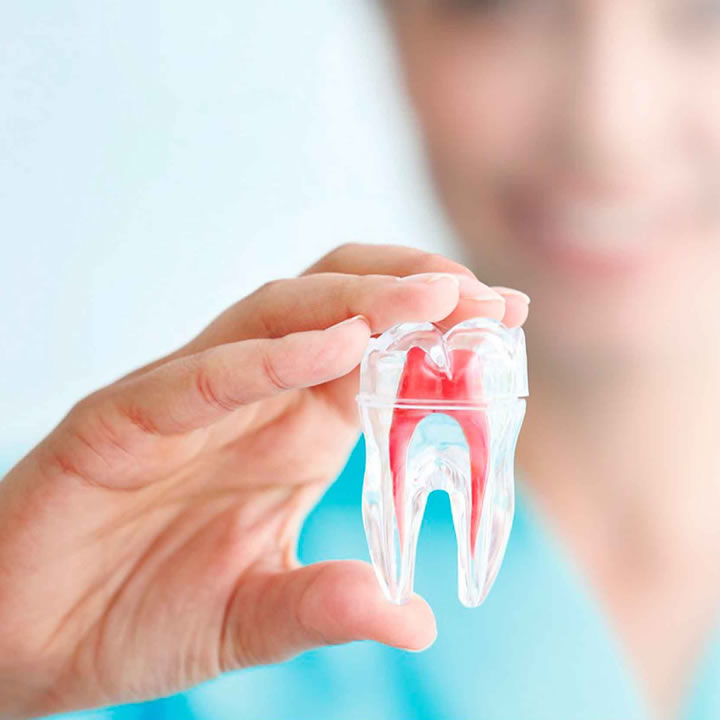Are you tired of feeling uncomfortable about your tooth problems?
Are you thinking of getting a dental implant but wondering if it’s worth the time and money? Over time, missing teeth can lead to a range of dental health issues. These can include poor oral health, poor facial aesthetics, gum issues, and much more.
Dental implants are a permanent option that can make you feel like yourself again.
You may be wondering, “How long do dental implants last?” Keep reading to discover everything you need to know.
How Long Do Dental Implants Last?
The longevity of dental implants can vary from person to person. There are several factors that can influence how long they last. Here are some key factors that can affect the lifespan of dental implants:
Dental Implant Quality
The longevity of a dental implant depends largely on its quality.
The quality of the implant is often determined by the materials used and the experience of the surgeon.
High-quality dental implants typically have an average lifespan of up to 20 years with proper care and maintenance. Lower-quality implants may last for 10 to 13 years. Top-of-the-line implants may last up to 25 years.
If you are looking for a dental implant provider in Bedford, NH, check out the online “top dentist in my area“. They offer an exceptionally wide range of dental services like dental implants, cleanings, root canals, and more.
Oral Hygiene
Good oral hygiene practices are crucial for the longevity of dental implants.
To ensure that the implants last their full expected lifespan, it is important to practice good oral hygiene. Regular brushing, flossing, and rinsing with mouthwash can help maintain the health of the teeth and gums around the implants.
Also, visiting the dentist regularly for check-ups and professional cleanings will help to ensure that the dental implant is in good condition.
Lifestyle and Overall Health
General health plays a role in implant success.
Conditions such as diabetes and autoimmune diseases can affect the body’s ability to heal and may influence the lifespan of implants. Additionally, smoking can increase the risk of implant failure and complications.
It is advisable for individuals with dental implants to quit smoking or avoid it altogether.
Bone Health and Maintenance
The condition and density of the jawbone at the implant site are critical for implant success.
Inadequate bone density or bone loss over time can affect the stability of the implant.
Also, regular follow-up appointments with your dentist or periodontist are essential to monitor the health of your dental implants. They can catch and address issues early on, increasing the chances of long-term success.
Self-Care Tips to Increase the Lifespan of Implants
How long do dental implants last? On average, dental implants can last a significantly long time when properly cared for. With proper cleaning and routine maintenance, such as inspections and check-ups, you can help maximize the lifespan of your implants.
Taking good care of your implants can greatly reduce the chance of infection and ensure their longevity. Make an appointment with your dentist today to ensure your implants are healthy and strong!

